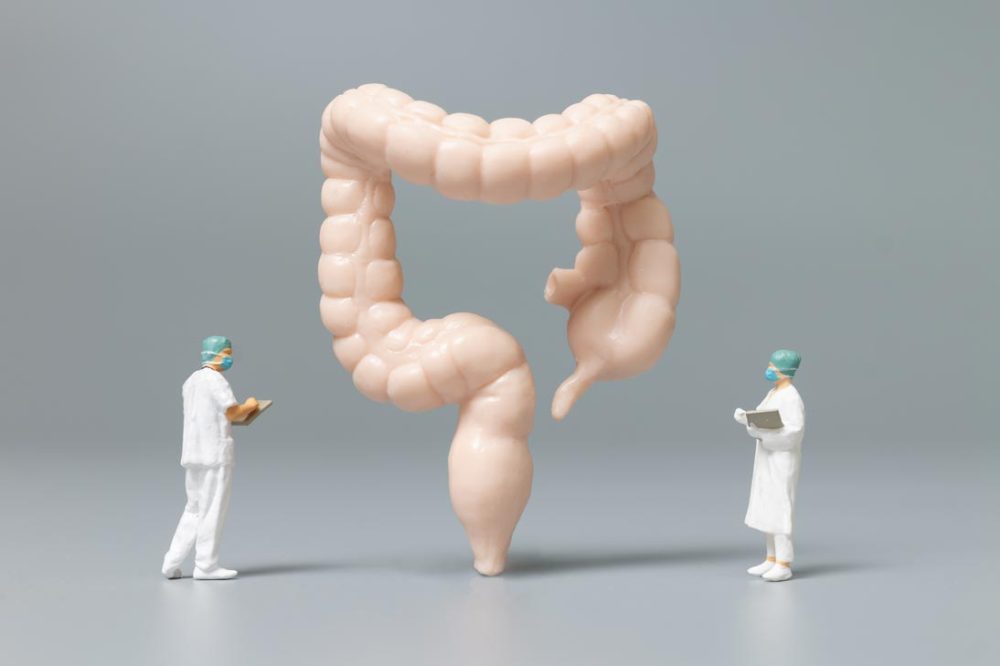Advertisment
Molecule produced in gut may protect against flu

A naturally occurring molecule could help to prevent – and even treat – influenza, according to a new study published in the journal Gut Microbes. The molecule, indole-3-propionic acid (IPA), occurs naturally in the gut of mammals and may play a protective role in the body’s response to infection.
The findings were published by scientists at the State University of Campinas (UNICAMP) in São Paulo state, Brazil, working with a team at the Pasteur Institute in Lille, France, to examine the impact of H3N2 influenza in mice. The researchers found that viral load and inflammation decreased in mice infected by influenza virus when they were given IPA supplements.
The intriguing results may prompt further investigations into the link between the microbiome, inflammation and the immune response, but should be interpreted with caution, according to the authors of the paper. ‘These results are promising and suggest that IPA may in future be used to help prevent or treat infections by influenza virus, which causes major epidemics,’ said Prof Marco Vinolo, UNICAMP Institute of Biology. ‘However, more research is needed to confirm the findings in humans and to understand how IPA works.’
Following a series of experiments with mice conducted in France at the Pasteur Institute. The data was analysed at UNICAMP in Brazil using bioinformatics tools. These results in turn inspired further experiments with animals at Pasteur.
‘We used three layers of data. The first was obtained by metagenomics, showing which bacteria were altered in the gut microbiota after seven days and 14 days of infection,’ said Vinicius de Rezende Rodovalho. ‘All the DNA of these bacteria was analysed, whereas this type of study normally analyses only a piece of one gene that identifies the bacteria. Our analysis showed not only the species of bacteria but also the genes most present and their respective functions.’
The team analysis pointed to an important role for IPA, according to Vinolo. ‘[Then] we supplemented the animals with a synthetic version of the molecule produced in the laboratory and observed that IPA supplementation reduced viral load and inflammation,’ he said. The findings suggest that IPA has significant potential as a biomarker of influenza resistance and a target for microbiome-based interventions to treat flu.
IPA is produced by gut bacteria when they metabolize tryptophan, an essential amino acid present in whole grains such as soybeans, wheat, corn, barley, rye, oats and sunflower seeds, as well as animal products such as fish, beef, pork, poultry and dairy.
Research by other groups had already shown that IPA supplementation improves metabolic disorders, regulating blood sugar, increasing insulin sensitivity, and inhibiting lipid synthesis and inflammatory factors in the liver.
Other studies have found evidence of the role played by tryptophan and IPA in energy balance and the cardiovascular system, as well as their potential use to help prevent inflammation, obesity, diabetes, cancer, hypertension, neurodegenerative diseases and osteoporosis.
The Brazilian and French researchers are planning clinical trials in humans and may test IPA’s role in the body’s response to other infections.
‘We’re looking at the role of IPA during infection by SARS-CoV-2 and the results have so far been similar [to those seen in influenza],’ Rodovalho said. ‘We also want to find out how it functions during bacterial infections. Few studies have been done on the link between gut microbiota and systemic resistance to antibiotics, and IPA’s involvement in this connection could also be a fruitful line of research.’





